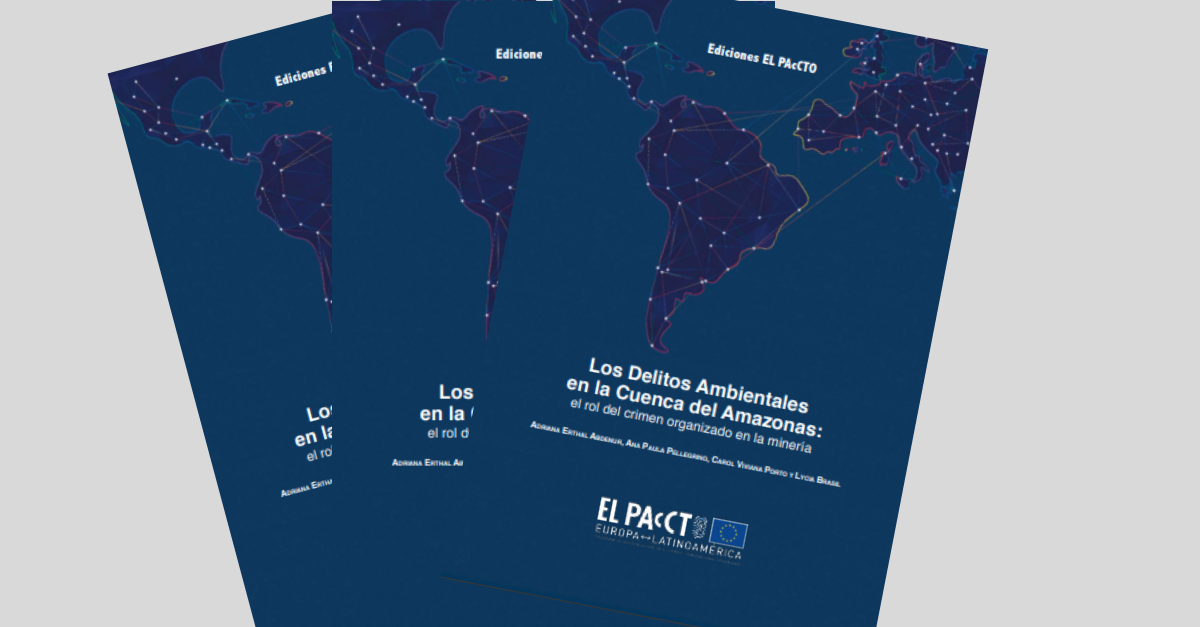Carta Conjunta sobre a situação dos Yanomami e Ye’kwana no contexto da pandemia do COVID-19
Ms. Michelle BACHELET
United Nations High Commissioner for Human Rights
Mr. Renato ZERBINI RIBEIRO LEÃO
Chair of the UN Committee on Social, Economic and Cultural Rights
Ms. Victoria Lucia TAULI-CORPUZ
UN Special Rapporteur on the rights of indigenous peoples
Mr. Jose Francisco CALI TZAY
Incoming UN Special Rapporteur on the rights of indigenous peoples
David R. BOYD
UN Special Rapporteur on the issue of human rights obligations relating to the enjoyment of a
safe, clean, healthy and sustainable environment
Mr. Dainius PURAS
UN Special Rapporteur on the right of everyone to the enjoyment of the highest attainable
standard of physical and mental health
Mr. Baskut TUNCAK
UN Special Rapporteur on the implications for human rights of the environmentally sound
management and disposal of hazardous substances and wastes
Mr. Saad ALFARARGI
UN Special Rapporteur on the right to development
Ms. Karima BENNOUNE
UN Special Rapporteur in the field of cultural rights
Dear sirs:
We write you to inform you about the worrying situation that the Yanomami and Ye’kwana peoples of Brazil face in the context of the COVID-19 pandemic. We are witnessing the dramatic effects of the COVID-19 pandemic, which is spreading quickly across the globe. In Brazil, the confirmed contamination and death curves are still escalating exponentially, and already affects indigenous peoples, including the Yanomami. On April 09, the
disease had its first fatal Yanomami victim, a 15 year old young man from a community along the Uraricoera river, a region deeply affected by wildcat mining. COVID-19 has reached alarming numbers in several Brazilian states, including Roraima and Amazonas, where the Yanomami Indigenous territory is located, are among those with the most cases per inhabitant.
The Yanomami are already suffering with an increase in malaria epidemics and other illnesses, as a result of the intense increase in wildcat mining activity within the last years. Access to healthcare in the region is precarious and insufficient. We fear that COVID-19 might be already spreading through Yanomami communities, brought by illegal miners who are invading the region in search of gold. Particularly worrying is the situation of confirmed indigenous groups in voluntary isolation, the Moxihatëtëa, who are now surrounded by wildcat mining activity in the nearby rivers.
Many Yanomami have suffered from the impact of diseases brought by non-indigenous peoples in the past. In the 1990s, 22% of the Yanomami population perished due to epidemics of measles, malaria, and other diseases that were yet unknown. This was a direct result of the invasion of wildcat miners in the Yanomami region, then as now promoted by the Brazilian government. The wildcat mining invasion has led to the Haximu genocide in 1992, still today the only case of genocide that has been recognized by the Brazilian Justice.
We must avoid repeating history. The destruction of the Yanomami forest-land doubled in 2019. Irregular flight operations for supplying illegal gold mining has become a daily routine in the TIY. Within the last month alone, the local police has confiscated 20 thousand liters of fuel and two helicopters assigned for garimpo activities in the region.
Since at least 2017, this constant increase in mining activity in the Yanomami territory has been denounced to Brazilian public authorities, with repeated complaints to the relevant bodies, FUNAI, IBAMA, the Federal Police, the Federal Prosecutor’s Office, and the Army. But none of the measures taken were able to halt the new gold rush that is happening before our eyes. On the contrary: in 2018 the government posts meant to protect the territory from invasions were shut down. Rebuilding them was only possible through judicial intervention, but as of today, only one has reopened. Recently, another judicial decision suspended the directives of the sentence
that called for the reopening of the bases, leaving most of the TIY unprotected.
Illegal wildcat mining in the Amazon today is carried out through an international network which finances and operates illegal extraction activities in indigenous lands in the Amazon. Their operations leave indigenous peoples vulnerable to several human rights violations, including the right to their traditional lands and its resources, to the maintenance of their culture and traditional way of life, and to life, health and to a clean environment.
The COVID-19 pandemic increases the urgency for effective measures to be implemented to ensure the total removal of illegal invaders from the Yanomami Indigenous Land. It is crucial that Brazilian authorities act quickly and diligently to contain the invasion of wildcat miners in the TIY, before it is too late. Brazil is a signatory to various UN human rights instruments including ILO Convention 169 and the UN Declaration on Indigenous Peoples Rights. We believe that international attention is now vital for the future of the Yanomami people. We appeal to you to do all in your power to raise the critical situation of the Yanomami with the Brazilian government as a matter of urgency. In particular, we ask for your support to demand the Brazilian state to conduct the total and immediate removal of wildcat miners from the Yanomami Indigenous land, observing the best health protocols and controls, in order to save thousands of indigenous lives that are currently at risk from a grave COVID-19 epidemic.
A group of Yanomami including Davi Kopenawa have already briefed the Deputy Commissioner for Human Rights, Kate Gilmore about the situation in Geneva last November. We believe that international attention now is vital to the future of the Yanomami people.
Sincerely,
Deborah de Magalhães Lima
President of the Director Council.
Instituto Socioambiental
Fiona Watson
Director of Advocacy and Research
Survival International
Christine Halvorson
Program Director
Rainforest Foundation US
Luís Donisete Benzi Grupioni
Executive-Secretary
Rede de Cooperação Amazônica
Camila Asano
Program and Incidence Director
Conectas Direitos Humanos
Ilona Szabó
Director
Instituto Igarapé
Danicley de Aguiar
Senior Forest Campaigner
Greenpeace Brasil




